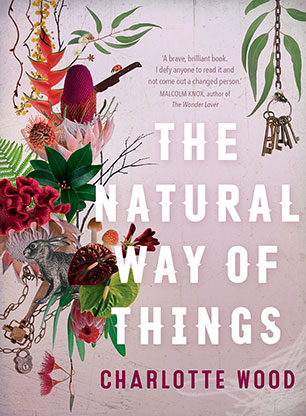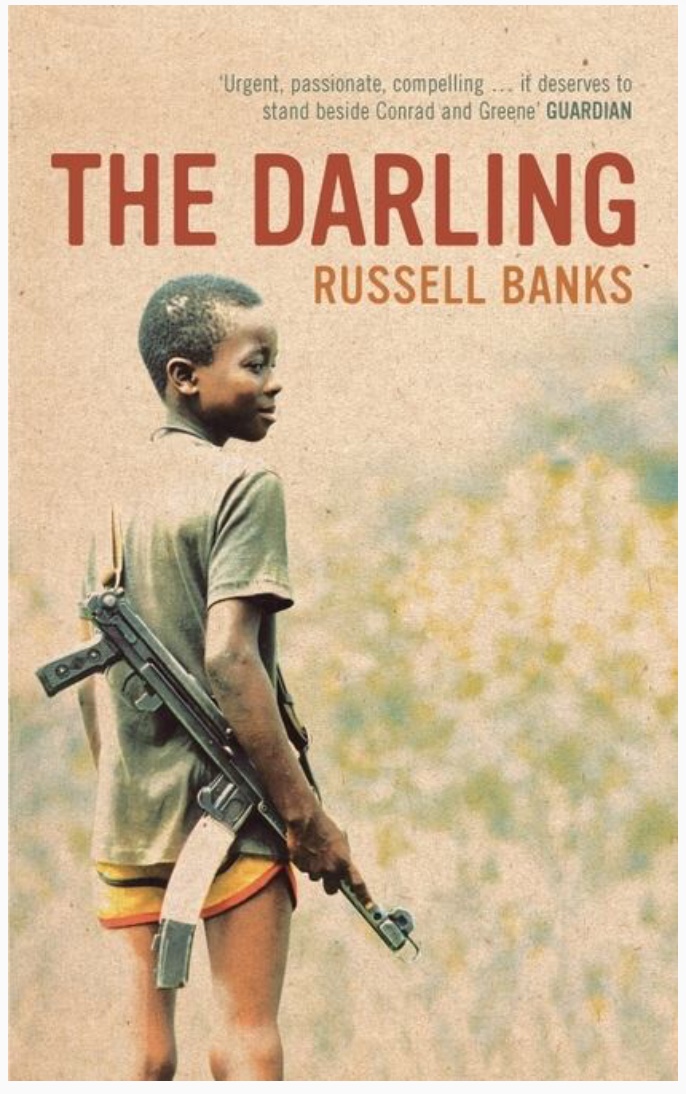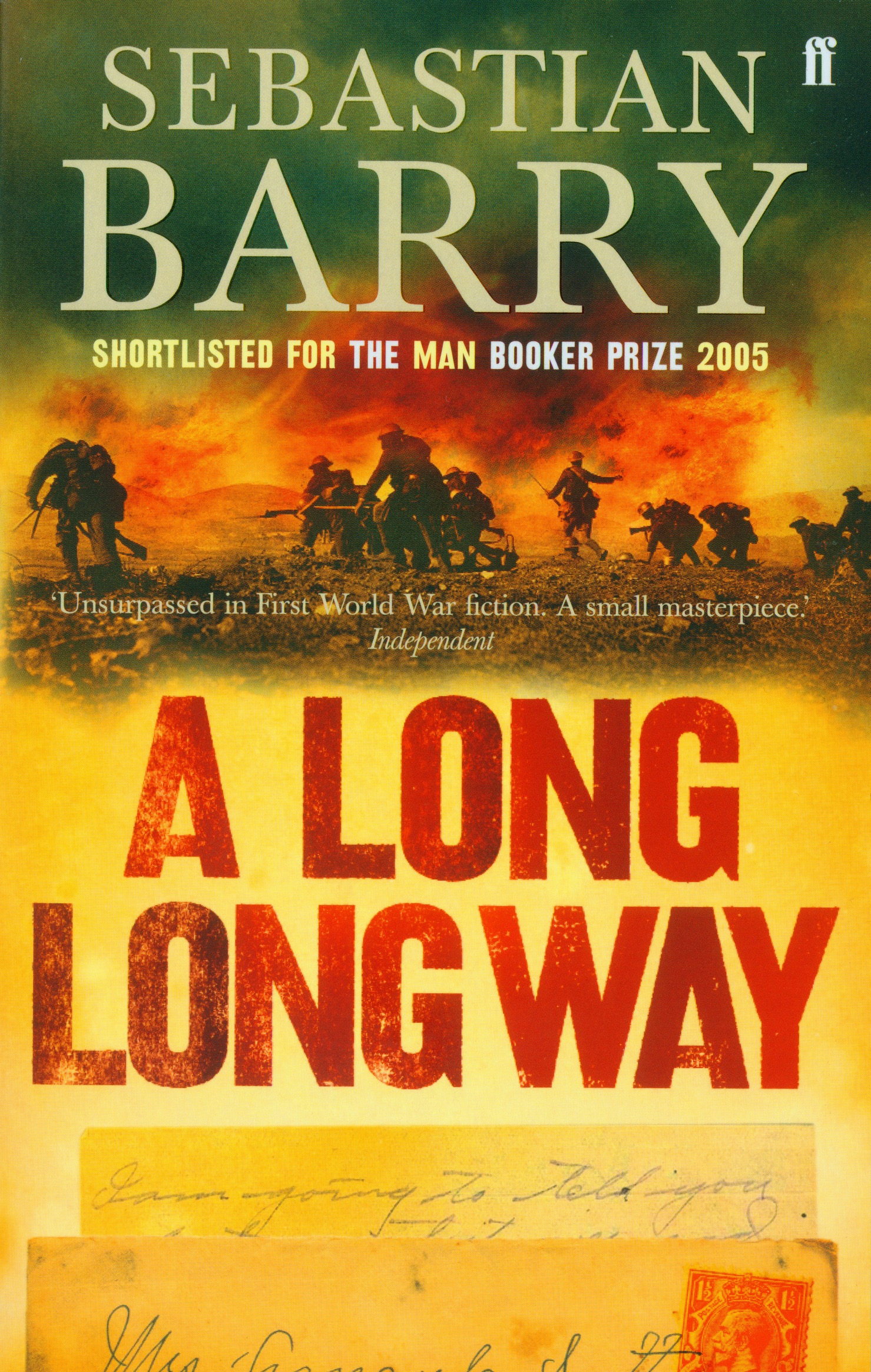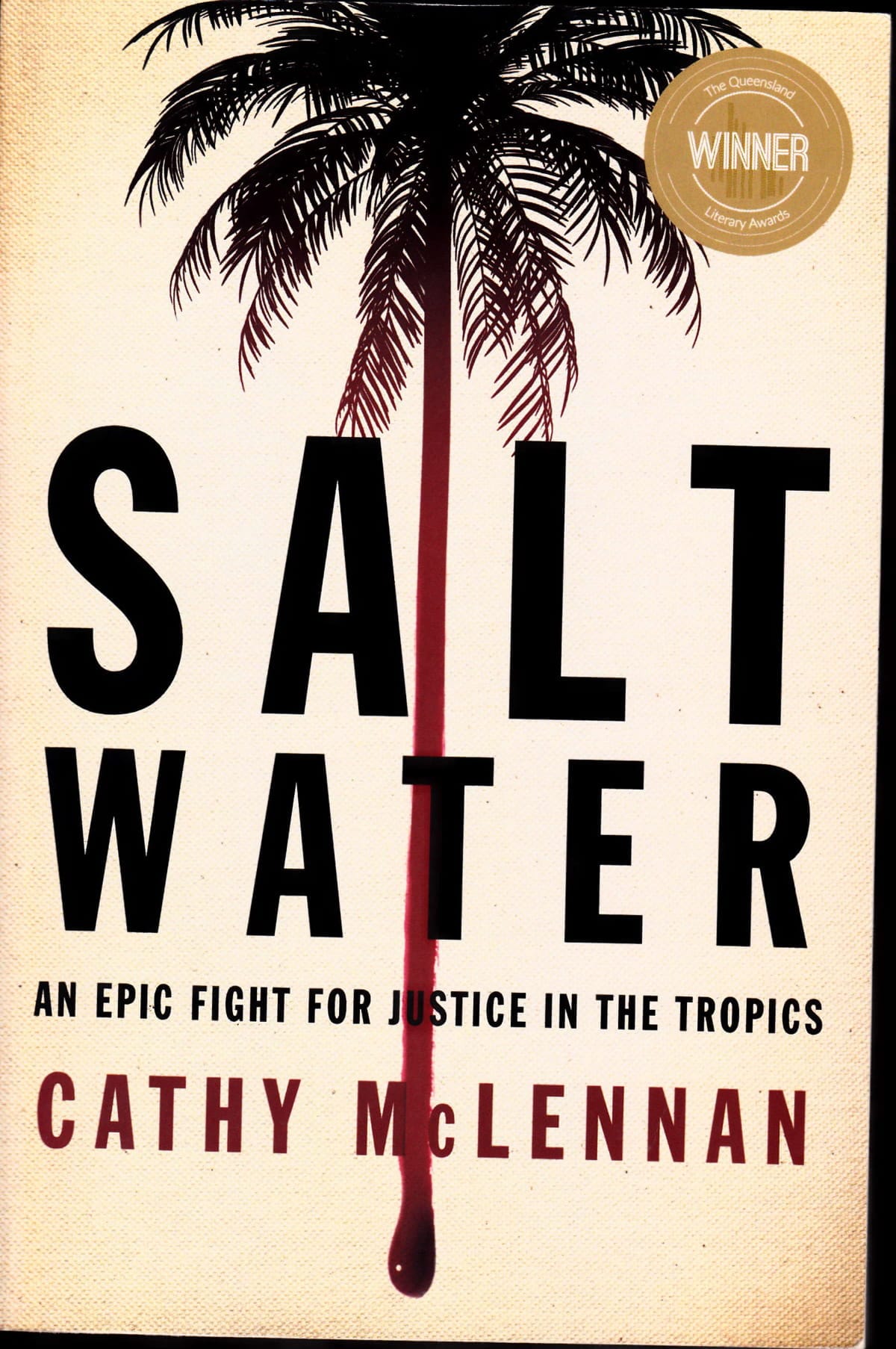Hell hath no fury like
inconvenient women
How convenient it would be for many men who have wooed beautiful young girls to bed if they could dispose of them when their existence became awkward.In Charlotte Wood’s harrowing, edgy novel, the unthinkable has happened – Yolanda wakes wearing strange, rough clothes and finds herself in a locked room. Birds are singing, she is craving a cigarette and she has no idea where she is or how she got there.
Soon she meets Verla and eight other women, and realises they all have been either publicly mocked for their naïveté at being taken advantage of or shamed for consorting with powerful men who are too weak to own the consequences of their dalliances, and who have the wherewithal to dispose of their embarrassment.
Wood’s women have stories with some similarities to the sexual harassment and rape scandals that have been the subject of innumerable media articles in recent Australian history.
The ten women are held prisoner in a remote camp surrounded by an electrified fence. Their heads are shaved, they are forced to wear humiliating clothing and are made to do hard labour. They build a road so that when Harding International comes, as their captors assure them the company will, all will be ready.
Wood’s camp, an idea redolent with corporate malfeasance, is staffed by the cruel, mingy Boncer and the fit, self-absorbed, anything-for-a-buck fellow-traveller, Teddy. Nancy is supposed to be the nurse if anyone is ill or hurt but it turns out she is even less qualified for her job than the two men.
As the seasons unfold, it becomes apparent that there is no way to escape from the camp that does not involve dying. The company appears to have forgotten them. The women are no longer so cowed by their captors and are searching for solutions. The captors are realising that they are captive too.
Verla dreams a horse. She imagines it as a thing of beauty, a transportation from the banal ugliness of her situation, as a form of escape. It is so real she can hear it outside her room, galloping across the wasted earth. She remembers snippets from Walt Whitman’s Leaves of Grass, a gift from her erstwhile lover, a politician whose career and reputation were protected at her cost.
Food stores run low and the women are forced to use what they have to jostle for advantage, to fight for survival. Yolanda turns feral. She begins killing creatures for food. She wears their furs. She is growing stronger and more dislocated daily.
Woods adeptly uses the crucible of the camp to force readers to think about femaleness and the tropes that trail from that complicated, multifaceted concept. She explores the ambiguity and nuance of gender and genetics, behaviour and conditioning.
Yolanda and Verla draw the reader through the narrative and thus are able to gently nudge us towards the kinds of judgments and questions that are raised by the sketched character and actions of the other women so that those interactions assume as much importance as the misogyny of the captors and their bosses.
The denouement is a tense scene, delivering a logical, shocking conclusion to the ravaging tale.
The beauty of the book’s cover and its seemingly innocuous title become shadow and threat the more one thinks about them in the aftermath of reading.






